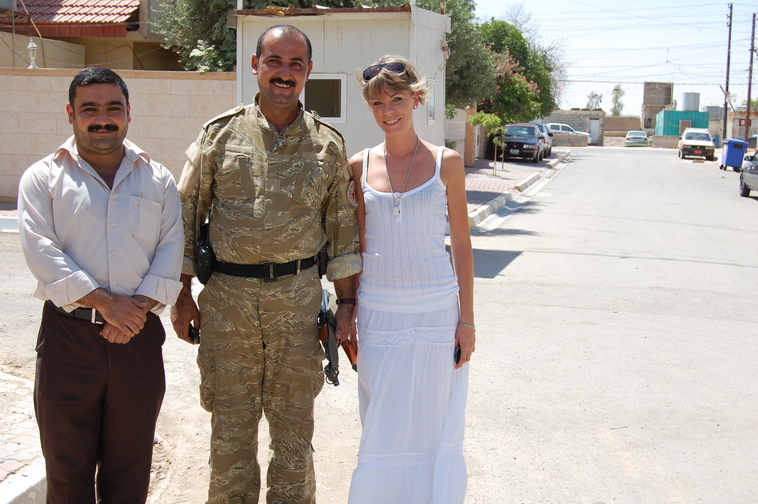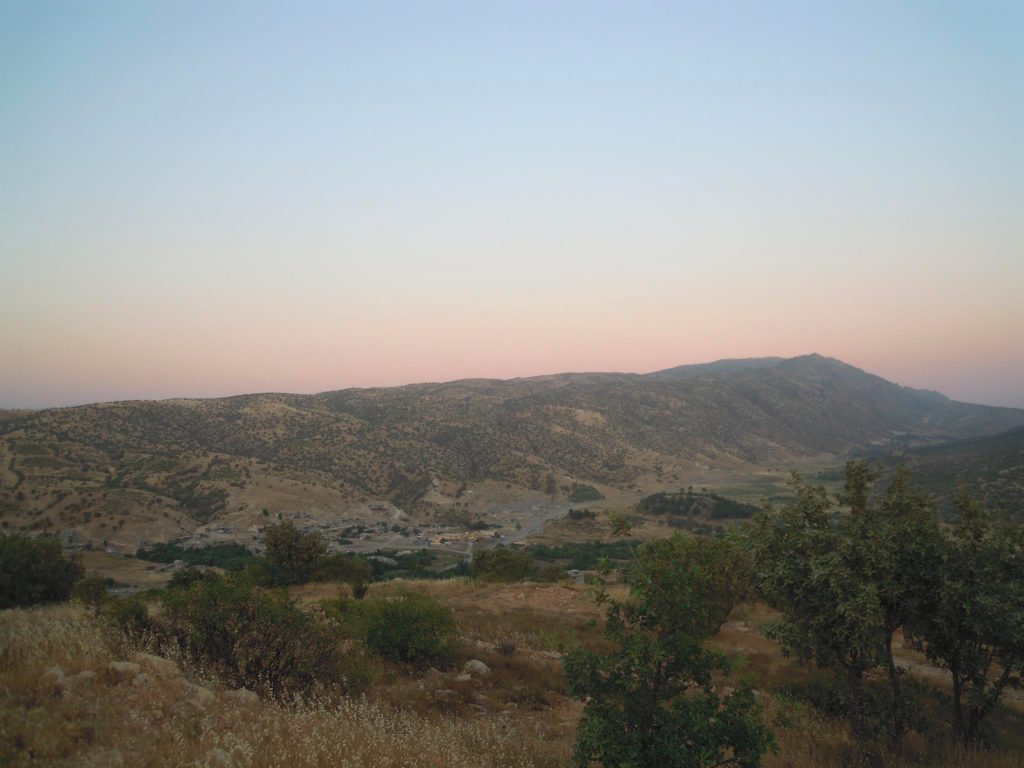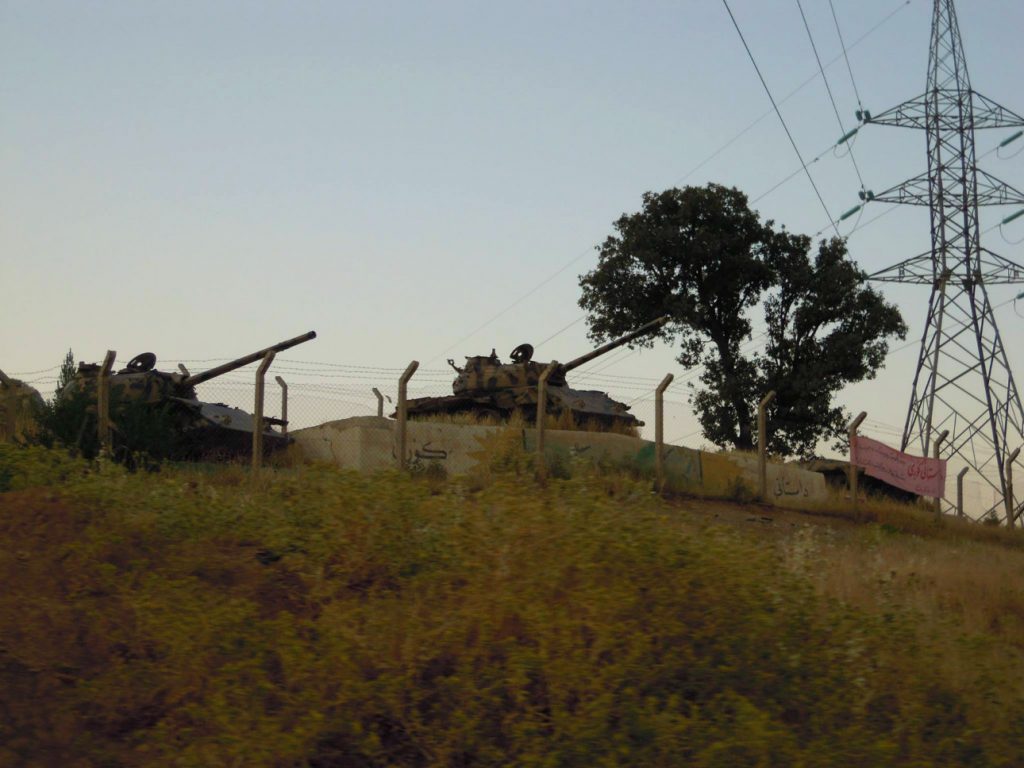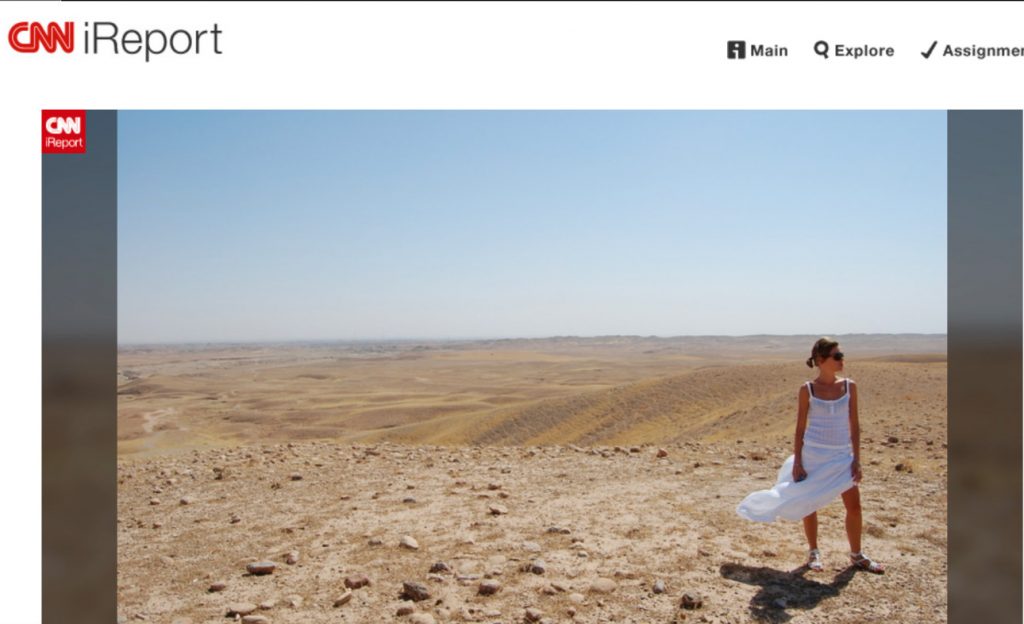Location: Iraq, Kurdistan.
Date: 2011
Topic: B2B meetings, building sites and construction sector.
Like many interpreters who travel for work with their clients, my tasks were “a classic” for interpreters: follow the client into meetings with prospect local clients and conveying oral messages in the best way possible. The meetings were always focused on business, on future cooperations and on how to create leads. Nevertheless, many times, and given the fact that we were having dinners with the client – so the context was switched into a less formal situation – the topics were more culturally-focused: this was a great chance to get to know different perspectives and points of view.





